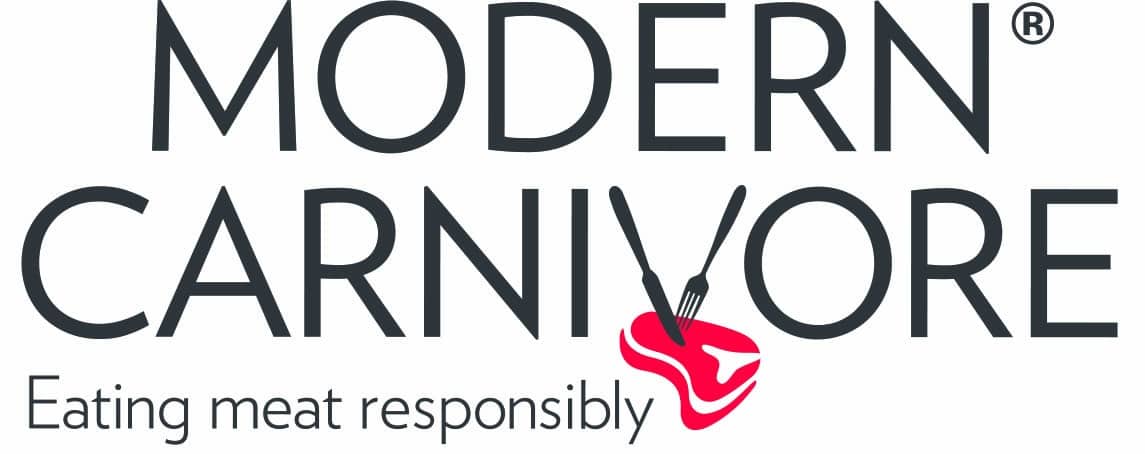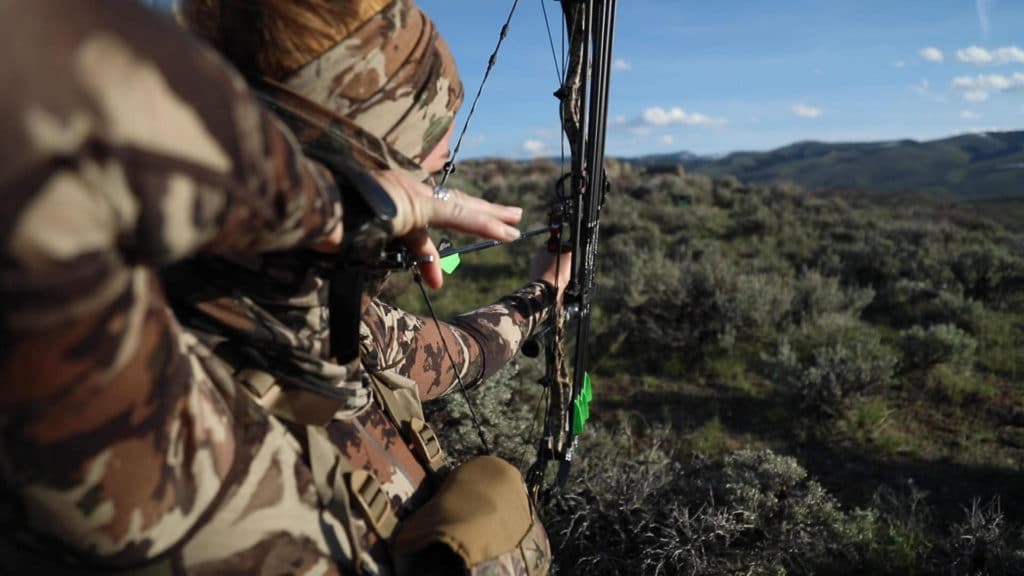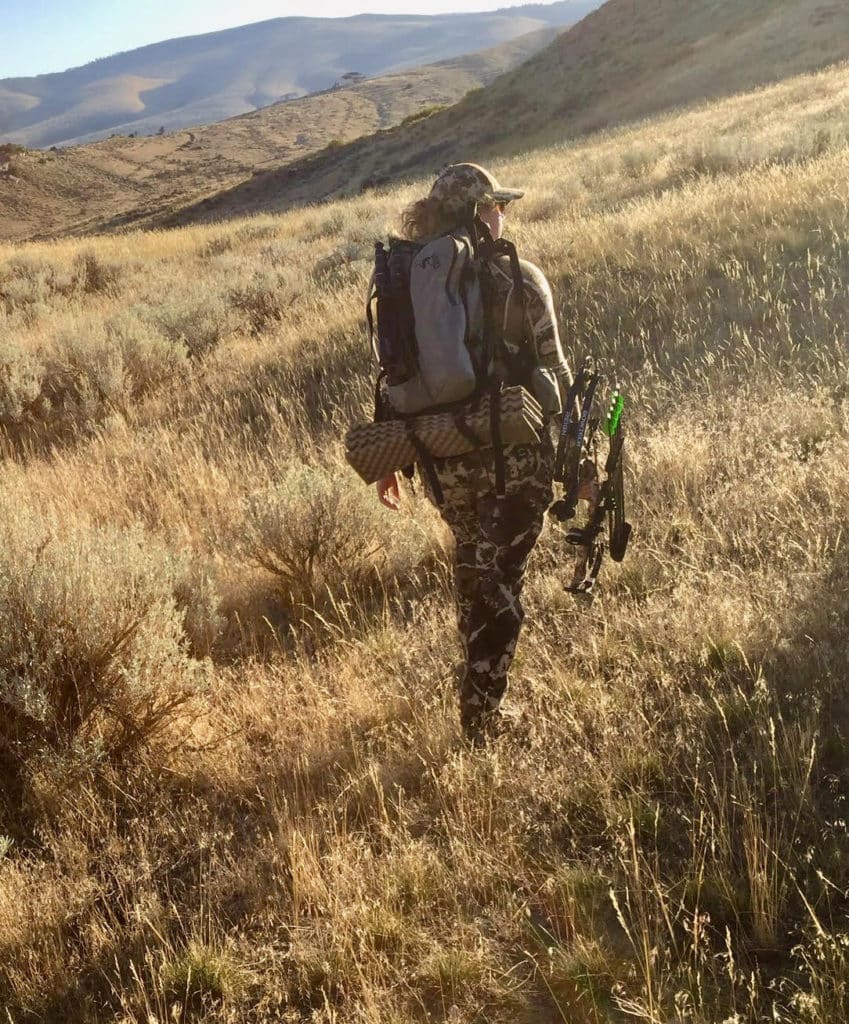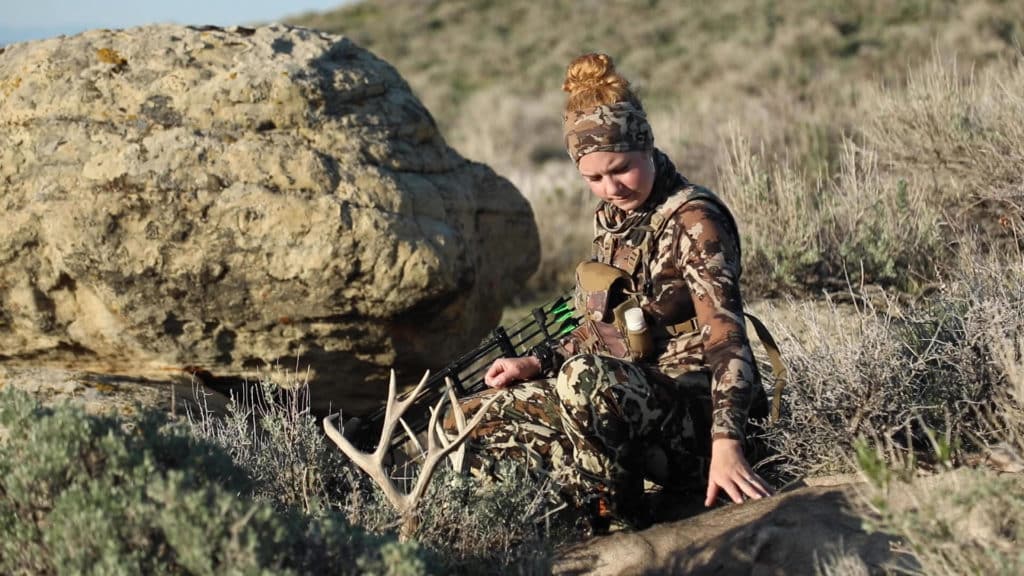Each month, I will interview hunters who started as adults and find out why they do it. New hunters have been in steady decline, which means conservation dollars are sinking. Anyone hoping to save traditional sources of conservation funding should be asking new hunters for feedback. That’s why I was privileged to talk to Jessi Johnson about why she’s passionate about hunting and conservation.
By Ashley Peters
Register today for the upcoming free webinar “Hunting For Meat? – Why Adults Are Learning To Hunt In 2019”.
Jessi is the co-founder of Artemis and learned to bow hunt less than a decade ago. Although she grew up on ranches, she didn’t start bow hunting until her 20s when she moved to Wyoming. She now enjoys hunting mule deer in the high country of Wyoming and spends her time finding new places to explore. She works for the Wyoming Wildlife Federation and volunteers for a number of other conservation groups.
Regularly, other hunters ask Jessi how she got into hunting. I was curious if she had a suggestion for replacing that question (how she got started) with a different one. Jessi’s suggestion:
“What kept you in it? That’s what people should ask,” she said. “I was fortunate to have a mentor that was patient with me, but my experience could have turned out very differently.”
Jessi went on to explain a few key ways to set realistic expectations and to keep new hunters coming back.
Building confidence
For new hunters, being with people you trust is critical because their guidance can make or break your experience.
“A big part of my introduction to hunting was having a good mentor,” said Jessi, “but it’s also what kept me going. I’m grateful I had someone that pushed me while also letting me go at my own speed.”
She never felt rushed into decisions and her mentor encouraged her to be an ethical hunter. For people like Jessi who hadn’t previously imagined themselves as hunters, it’s essential to have a mentor who is a patient teacher, communicates how to stick to your values, and lets you set the pace.
Competency of a New Hunter
As Jessi described her learning experience, she explained her path to competency. She practiced for a long time before ever taking a bow into the field. She wanted to be confident before taking a shot at her first mule deer.
When adults learn to hunt, many people doubt their abilities and wonder if they’re good enough. Competency comes from experience though. After a while, Jessi hunted alone or led hunts, which she said was pivotal for her to gain the confidence. She then discovered a whole new level of self-reliance.
Conservation
I finished out the conversation by asking Jessi if she wanted to add anything else.
“Yeah, when I’m out there hunting, I feel like I’m just another predator,” she said. “And not even a very good one comparatively.”
When she’s in the field, she gets deep satisfaction out of experiencing the landscape the same way as the wildlife. She came to realize just how well-adapted each animal is for their role in the wild.
“As a person, you don’t realize how loud you are until you’re there, in it. The deer are incredibly quick and very aware of their surroundings.”
The motivation to conserve wide open lands comes because you respect the wildlife for the way they live and the resources they need to survive. You become attached to the wild lands you hunt and learn how everything has its purpose.
“We have an obligation to protect public lands because it’s a privilege to have them in the first place. We have an obligation to give back.”
Register today for the upcoming free webinar “Hunting For Meat? – Why Adults Are Learning To Hunt In 2019”.




